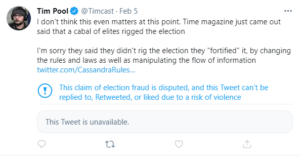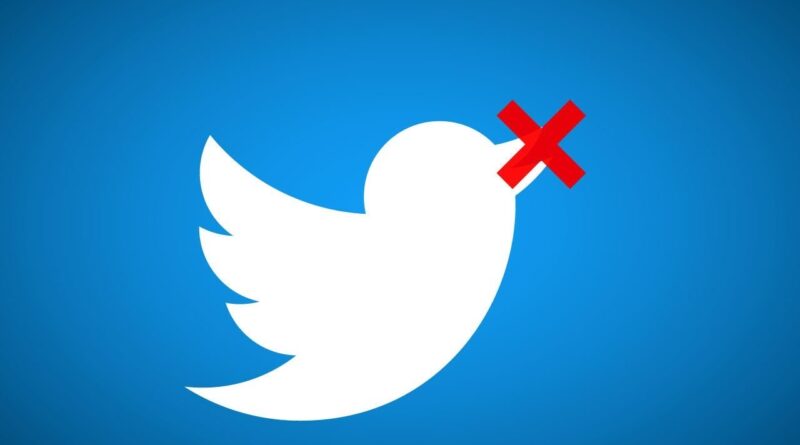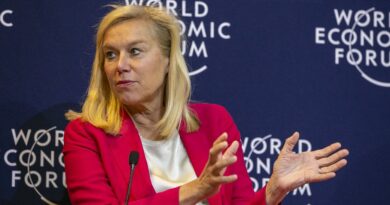Twitter selectively suppresses content on its own ‘crowdsourced’ fact-check tool
Twitter’s latest attempt to pose as an impartial arbiter of misinformation is not going well.
Less than two weeks after the pilot launch of Birdwatch – a new ‘crowdsourced’ fact-checking tool that relies on user feedback – Twitter was found to have altered the algorithm in order to censor responses that it disagreed with and thus downgrade visibility of posts it deemed undesirable.
Birdwatch was pitched as a new community-driven approach to help address misleading information on Twitter on 25 January, 2021 by the company’s Vice President of Product, Keith Coleman.
“Birdwatch allows people to identify information in tweets they believe is misleading and write notes that provide informative context. We believe this approach has the potential to respond quickly when misleading information spreads, adding context that people trust and find valuable,” Coleman wrote.
“Eventually we aim to make notes visible directly on tweets for the global Twitter audience, when there is consensus from a broad and diverse set of contributors.”
Selective interference just eleven days after launch
Given Twitter’s track record of selective censorship, many held doubts about just how free and open this platform would be. On February 5, just eleven days after its launch, those suspicions were justified.
TIME Magazine published an article on the 2020 US election outlining how the Democratic Party was assisted by “a well-funded cabal of powerful people, ranging across industries and ideologies, working together behind the scenes to influence perceptions, change rules and laws, steer media coverage and control the flow of information. They were not rigging the election; they were fortifying it.”
It left very little room between the lines to interpret anything other than what political commentator Tim Pool wrote in response.
“I don’t think this even matters at this point. Time magazine just came out said that a cabal of elites rigged the election. I’m sorry they said they didn’t rig the election they “fortified” it, by changing the rules and laws as well as manipulating the flow of information,” Pool wrote.
Yet Twitter quickly flagged Pool’s post with a warning label, and prevented it from being retweeted or replied to “due to a risk of violence”.

On Birdwatch, however, users overwhelmingly wrote that the tweet was not misleading, and most mentioned that they had found the notes that supported the counter claims were helpful and informative.
“The Birdwatch algorithm, which aims to surface helpful notes, assigned that “fact-check” a helpfulness score of 0.68 — the highest of the notes on the tweet, just outside of the top 10% of notes considered by the algorithm “rated as helpful” as of Feb. 14,” the Poynter Institute fumed, as it noticed that fact-checking couldn’t exclusively be controlled by its International Fact Checking Network.
On February 17, Twitter decided to change its algorithm in order to no longer deem the notes on Pool’s post as helpful.
If there was any doubt before it was launched that Birdwatch would end up being yet another tool designed to suppress viewpoints that countered Twitter’s narrative, its algorithm change on the back of the positive feedback on Pool’s post settled the debate.




